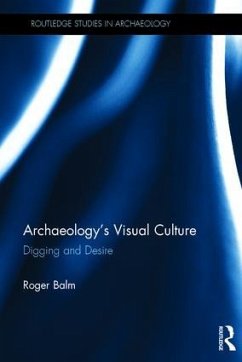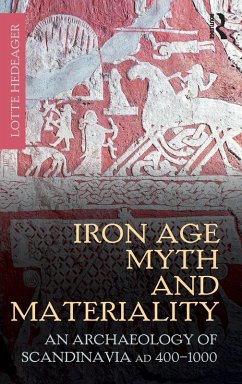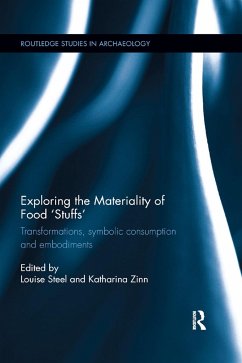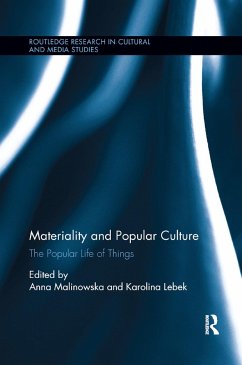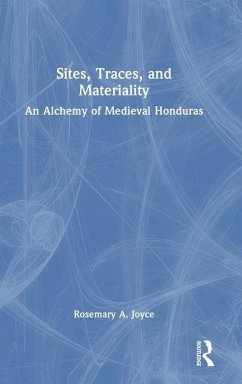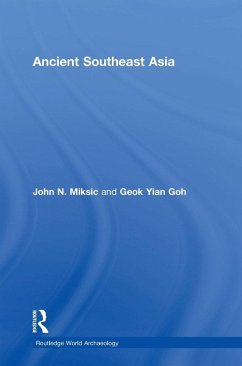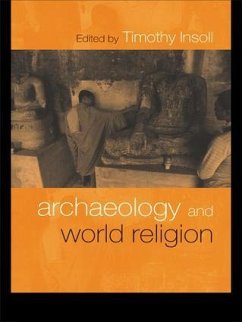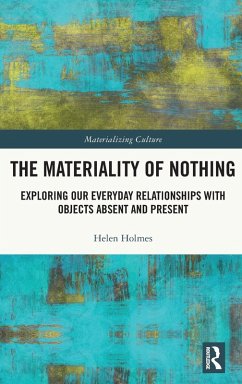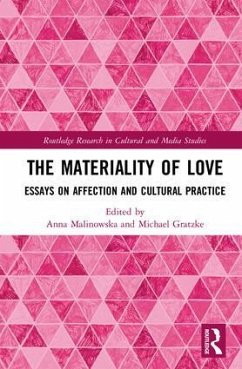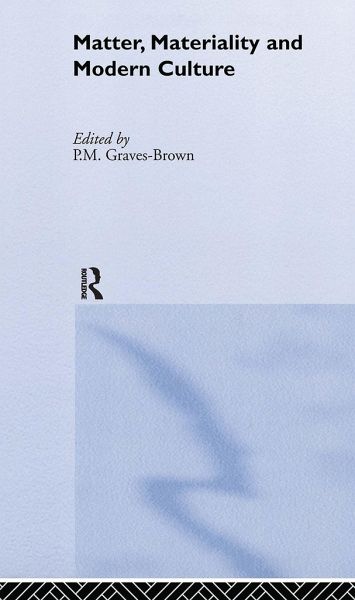
Matter, Materiality and Modern Culture
Versandkostenfrei!
Versandfertig in 1-2 Wochen
167,99 €
inkl. MwSt.
Weitere Ausgaben:

PAYBACK Punkte
84 °P sammeln!
The modern world around us is more mysterious than we think. This book looks beneath the surface of modern material culture to ask how the very stuff of our world has shaped our societies, and how and why it is that we have made the material culture that surrounds us. "Matter, Materiality and Modern Culture" offers a new approach to the study of contemporary objects, from academics prominent in disciplines ranging from archaeology to philosophy and psychology. All have diverse perspectives on what material culture is, but all are equally concerned with how the very material nature of artefacts...
The modern world around us is more mysterious than we think. This book looks beneath the surface of modern material culture to ask how the very stuff of our world has shaped our societies, and how and why it is that we have made the material culture that surrounds us. "Matter, Materiality and Modern Culture" offers a new approach to the study of contemporary objects, from academics prominent in disciplines ranging from archaeology to philosophy and psychology. All have diverse perspectives on what material culture is, but all are equally concerned with how the very material nature of artefacts comes to form human life.




